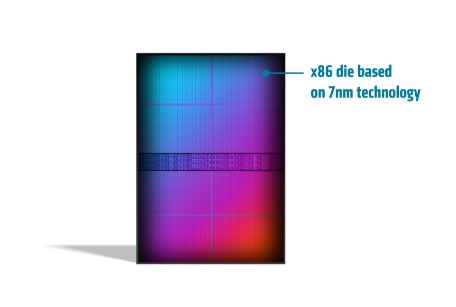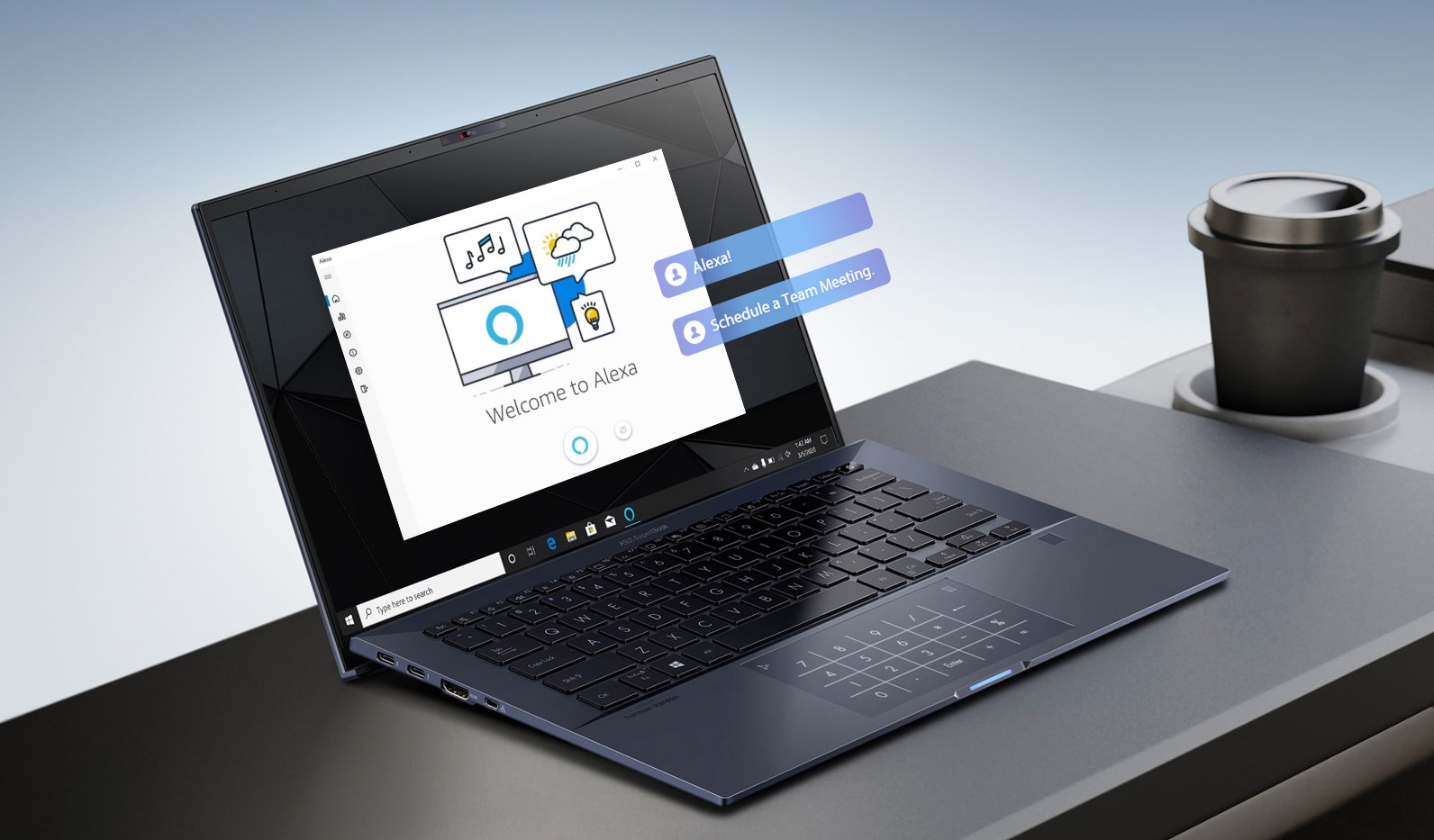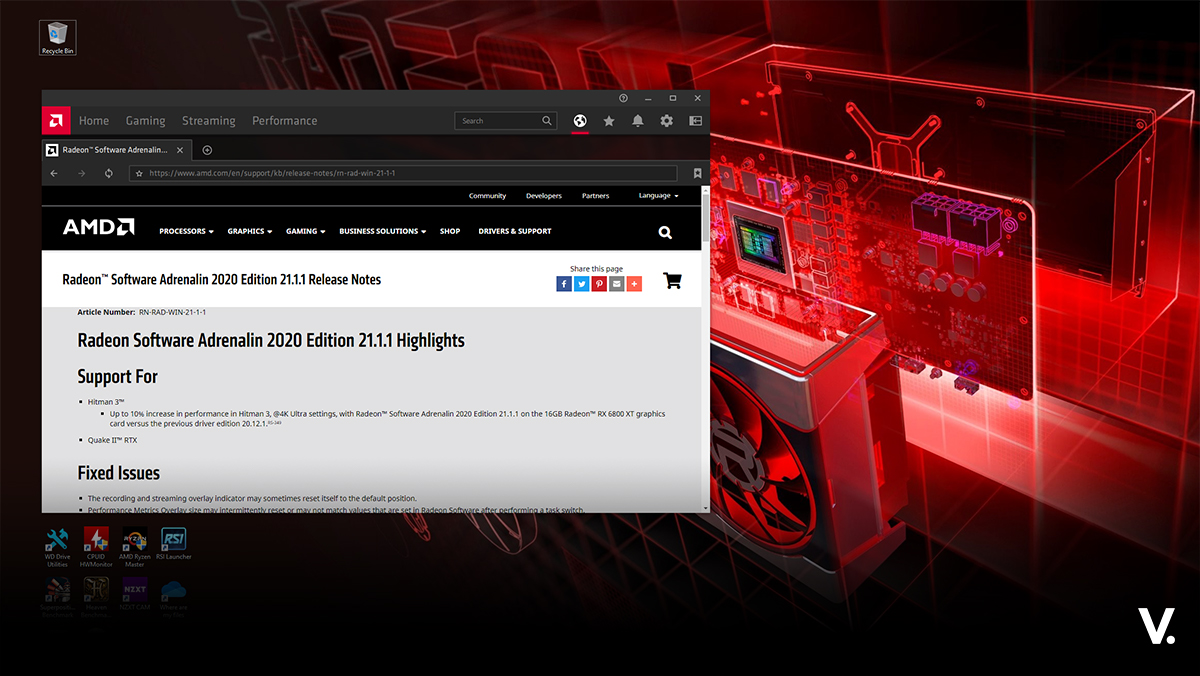AMD and Google Cloud today announced the beta availability of N2D virtual machines (VMs) on Google Compute Engine powered by 2nd Gen AMD EPYC processor. The N2D family of VMs is suited for customers running general purpose and high-performance workloads that require a balance of compute and memory.
AMD said that the high-performance 2nd Gen AMD EPYC processors provide greater flexibility for customers to choose the best VM for their workload. They deliver up to a 39 percent performance boost on the Coremark benchmark versus comparable N1 instances. Meanwhile, it offers a savings of up to 13 percent over comparable N-series instances.

That aside, the second-generation processor series with 128 and 224 vCPUs configuration options offer up to 70 percent higher platform memory bandwidth compared to existing comparable VMs in the Google Compute Engine catalogue for HPC workloads requiring high memory bandwidth.
They also allow access to higher platform memory bandwidth and higher core counts, resulting in a 100 percent performance improvement on a variety of benchmarks, including Gromacs and NAMD, compared to N1-standard-96 vCPUs.
AMD EPYC chips power more than 120 VMs types from cloud providers and hosters around the world.
The beta N2D VMs on Google Cloud Platform are available in us-central1, asia-southeast1, and Europe-west4, with more regions on the way, AMD revealed. These VMs can be launched on-demand or as preemptible VMs.
AMD EPYC also powers AWS, Microsoft Azure and Oracle Cloud.

What makes the 2nd Gen AMD EPYC server processor tick
AMD EPYC processor-based benchmarks are #1 on industry benchmarks, holding over 140 world records to date. The secret behind its unassailable performance is the AMD Infinity Architecture—a hybrid multi-die architecture that decouples two streams: eight dies for the processor cores and one I/O die that supports security and communication outside the processor.

Built on the 7nm process technology, the new x86 processor features double the core density and optimisations that improve instructions per cycle. This results in 4x floating-point performance of the 1st Gen AMD EPYC, this while halving power consumption. Learn more about the 2nd Gen AMD EPYC Series processors here.









